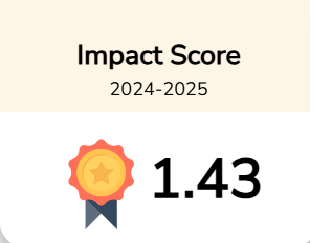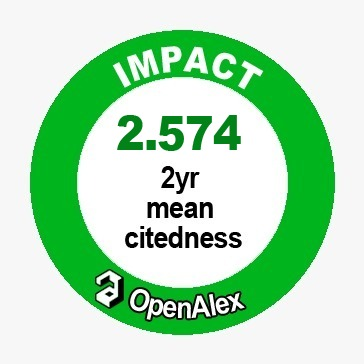Analyzing LGB-based school bullying among senior phase learners in South Africa
Downloads
Purpose: Despite LGB recognition, recent literature and news reports have evidenced the existence of LGB-based school bullying among school-going adolescents. Through this, learners experience calamities such as anxiety, insecurity, poor academic performance, and even suicide. For this reason, this study investigates the limitations of schools in combating LGB-based school bullying and determines methods to combat LGB-based school bullying.
Design/Methodology/Approach: This qualitative study was lensed through Social Stigma Theory (SST) and the Anti-bias Education Approach (ABEA), adopting a constructivist paradigm and a case study design. To elicit descriptive data from the participants, in-depth interviews were conducted with 9 purposefully sampled participants, including 4 senior phase teachers (grades 8 & 9), 2 lesbian females, and 3 gay senior phase learners. Researchers utilized Braun and Clarke’s six steps of thematic analysis to make sense of the data.
Findings: This study revealed a number of barriers that prevent schools from addressing bullying that is based on LGB among students in the senior phase. These include uneducated and unsupportive professors, the lack of recognition of LGB, adherence to religion, vague and nonexistent claims of bullying based on LGB, and the use of the same facilities as students who are heterosexual. This study also revealed that avoiding gender disclosure, creating awareness about gender diversity, providing bathrooms for LGB learners, and following up on LGB- based bullying cases are methods that can be practiced to combat LGB-based school bullying.
Conclusion: This study concludes by recommending frequent dialogues about LGB among learners and teachers to familiarize themselves with its existence.
Research Implications: The study identified the need for schools to combat LGB-based school bullying.
Practical Implications: The study recommends open dialogues on gender diversity, discourages LGB-based bullying, empowers teachers to intervene, and promotes confidence in LGB-based learners.
Contribution to Literature: This research contributes to the body of knowledge by identifying and addressing the unique challenges associated with LGB-based school bullying.





